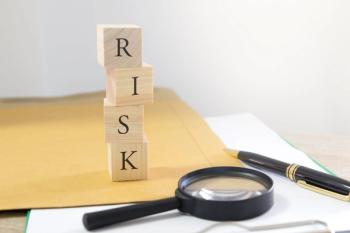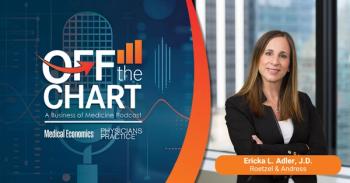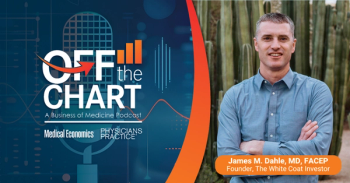
Risk Management for Physicians and their Families During Summer
Physicians' liability concerns go far beyond their practice. Traveling and teen drivers in particular pose some specific risks every doctor must be aware of.
I have covered a variety of asset protection related issues here and have previously addressed the importance of things like
Going away - vacation time
I've previously devoted an entire article to issues surrounding your
Keep an eye on the kids, of any age
In my detailed article on the lawsuit liability that children, even good, smart ones like yours, regularly
As attorneys we deal with a number of troubling situations for clients - most of whom are smart successful people, with their children's best interests at heart, but with widely differing parent styles and relationships. Over a decade of experience has provided one very clear pattern in many of the worst cases; you need to draw lines and enforce "right" behavior today. As with any form of asset protection it only works when it is proactive, and statements like, "We should have been stricter with him" or, "We thought she'd turn around and grow out of it" are said at nearly every trial, or worse, funeral of a young person lost to poor judgment.
Not only does your children's behavior have personal consequences that can affect the rest of their life in terms of educational and professional opportunities, it could also cost you everything you own. You are responsible for the actions of your children, in some way, in nearly every state, and most doctors have teen drivers driving cars that are owned and insured by mom and dad.
The 100 deadliest days
The National Safety Council (NSC) and many other organizations issue annual warnings on the so-called "100 deadliest days of the year," the time between Memorial Day and Labor Day. According to the AAA, more than 7,300
Here are some specific things parents can do to help:
• Enforce a parent-teen driving contract that makes driving a privilege that requires adherence to a strict set of rules, including driving curfews, no calling or texting while driving, and no drinking and driving.
• Spend at least 30 minutes a week driving with teens so you can see what they do, and where they need correction and reinforcement - including wearing a seatbelt, especially on short trips where most accidents happen. Nearly 50 percent of the teens killed in auto accidents are not wearing a seatbelt.
Newsletter
Optimize your practice with the Physicians Practice newsletter, offering management pearls, leadership tips, and business strategies tailored for practice administrators and physicians of any specialty.






